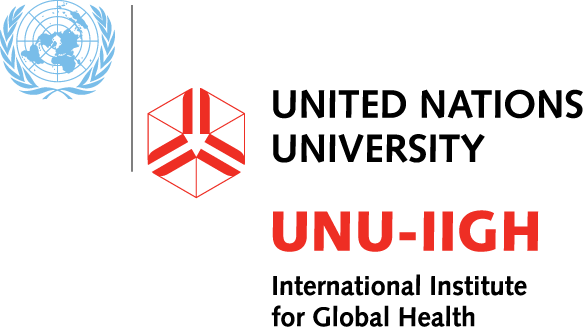About our Project
The Problem
By 2030, there will be ~75 million people with dementia. In the absence of a cure, global policy is increasingly aimed at:
• Public health approaches to reduce future numbers developing dementia and
• Improving post-diagnostic care
The majority (63%) of people with dementia live in the world’s poorest countries, defined as low and middle income countries (LMICs), yet they have the least capacity to cope with the predicted demand due to limited, or no access, to preventative healthcare and dementia specific services.
Findings from high-income countries show that targeting risk factors for heart/stroke disease can reduce dementia risk. We do not know whether this also applies for LMICs or whether their healthcare systems are equipped to deliver such preventative care. Post-diagnostic dementia care, defined as holistic, integrated continuing care in the context of declining function and increasing family carer needs, if present, varies considerably. Worryingly the 2016 World Alzheimer Report found the current specialist-led model of dementia care unaffordable and unsustainable, especially for LMICs. It urged more efficient 'taskshifted/task-shared' dementia care i.e. increased, and more appropriate use, of GP and community services as in other chronic illness care.
Our Solution
We will create a Global Health Research Group on Dementia Prevention and Enhanced Care (DePEC). Our goal is to reduce the personal and societal burden of dementia by developing approaches to reduce future numbers getting dementia and develop more efficient post-diagnostic care. We will bring together:
dementia experts in public health/primary care (Newcastle), global epidemiological 10/66 dementia research group from King's College London (KCL),with a strong
existing LMICs network and new LMICs partners, one from each economic category (upper LMIC-Malaysia, LMIC-India and least developed Tanzania) to create a global, multi-disciplinary translational research group.
Proposed Research
Our work programme is underpinned by specific research objectives to be achieved through a series of separate, but interlinked, Workstreams (WSs).
Short Term
Objective 1 (WS1) Create a new Global Research Group on dementia risk reduction and improved postdiagnostic care to map existing dementia research and care in our partner LMICs.
Medium & Long Term
Objective 2 (WS2) Develop simple tools to identify people at high risk of developing dementia and those with undetected dementia.
Objective 3 (WS3) Establish dementia risk reduction research in LMICs by setting up and piloting an intervention to reduce dementia risk.
Objective 4 (WS4) Determine efficient and feasible dementia care models for LMICs and transferable educational initiatives for a skilled workforce.
Objective 5 (WS5) Develop an impact strategy for each partner LMIC, including research priorities, service organisation and workforce development, and the creation of a future NIHR Global Research Unit.
Measurable Benefits Include:
1. Consensus (academic, stakeholder and policy maker) strategies to reduce future dementia risk including a brain health initiative plan to inform government strategies
2. Evidence-based, novel approaches to identify those at risk of, or with, dementia to reduce future burden of disease in the population
3. Recommendations for efficient, feasible dementia care pathways
4. Innovative, practical methods for training generalist workforces and supporting family carers to ensure lasting impact.




.jpg)
